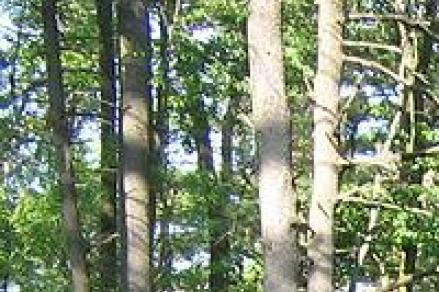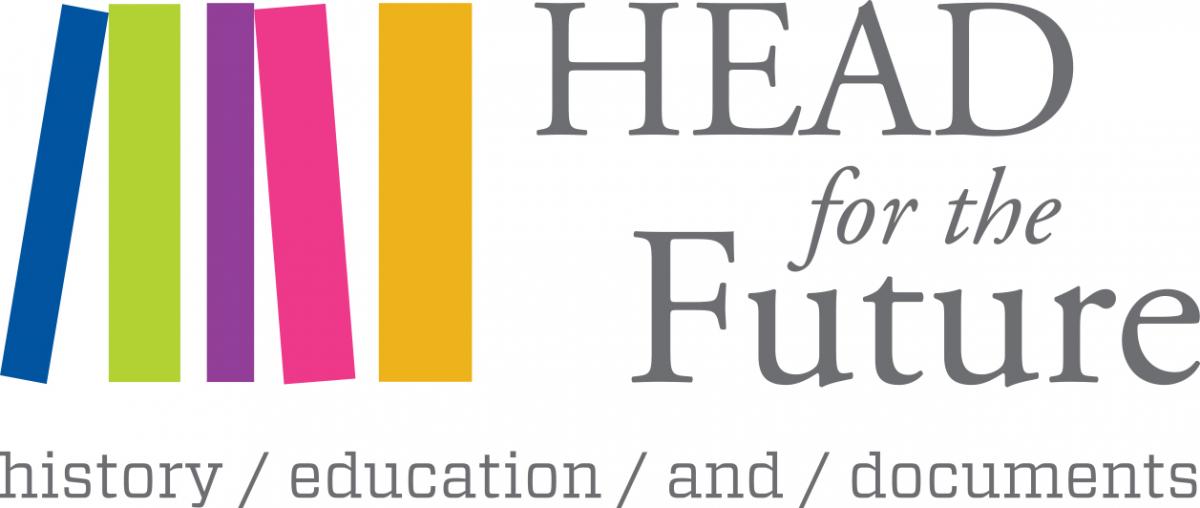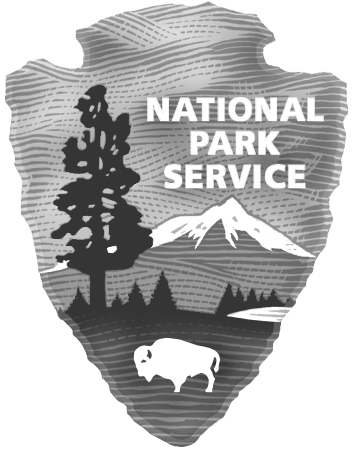In this lesson, students will learn the national historical context that led to the Civilian Conservation Corps (CCC) building improvements to Black Moshannon State Park in Pennsylvania. With these improvements also came the presence of the CCC and their work camps. Students will be able to identify structures in the park built by the CCC. Students will be able to make a personal or familial connection to the park and explain its role in the community today.
For those outside of Pennsylvania, this lesson can be a model of one relating to CCC work in your community.



